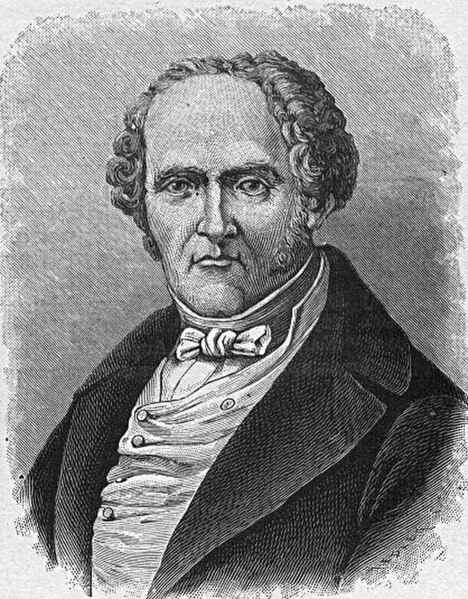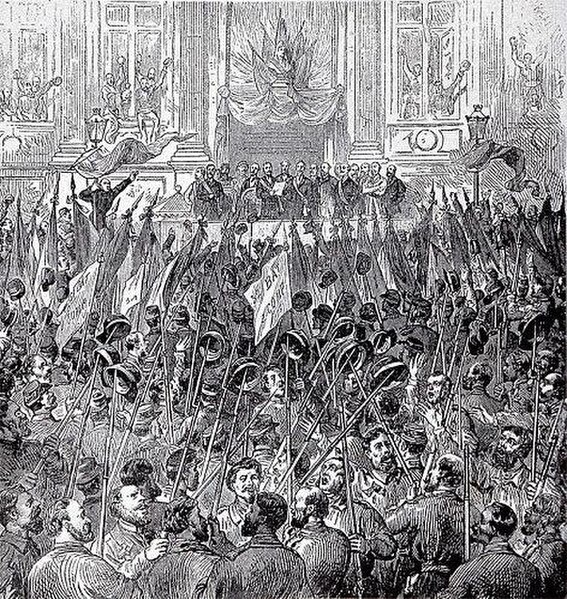Economic planning is a resource allocation mechanism based on a computational procedure for solving a constrained maximization problem with an iterative process for obtaining its solution. Planning is a mechanism for the allocation of resources between and within organizations contrasted with the market mechanism. As an allocation mechanism for socialism, economic planning replaces factor markets with a procedure for direct allocations of resources within an interconnected group of socially owned organizations which together comprise the productive apparatus of the economy.
Albert Einstein advocated for a socialist planned economy with his 1949 article "Why Socialism?"
Socialism is an economic and political philosophy encompassing diverse economic and social systems characterised by social ownership of the means of production, as opposed to private ownership. It describes the economic, political, and social theories and movements associated with the implementation of such systems. Social ownership can take various forms, including public, community, collective, cooperative, or employee. Traditionally, socialism is on the left wing of the political spectrum. Types of socialism vary based on the role of markets and planning in resource allocation, and the structure of management in organizations.
Charles Fourier, influential early French socialist thinker
The celebration of the election of the Commune on 28 March 1871—the Paris Commune was a major early implementation of socialist ideas.
Karl Marx in 1875
Vladimir Lenin, founder of the Soviet Union and the leader of the Bolshevik party.





